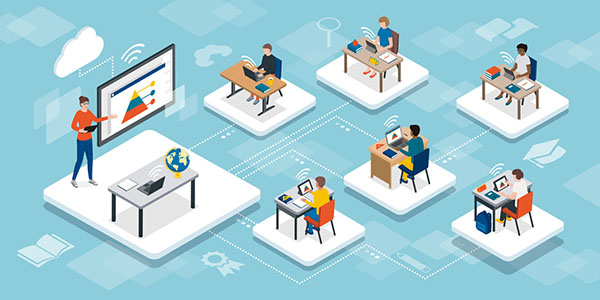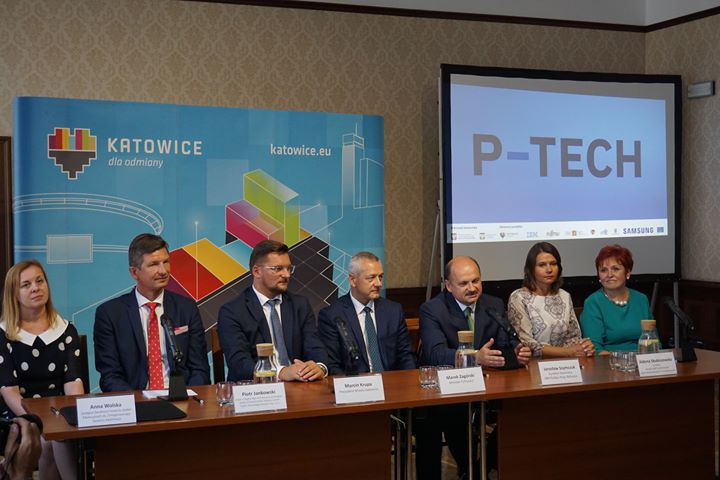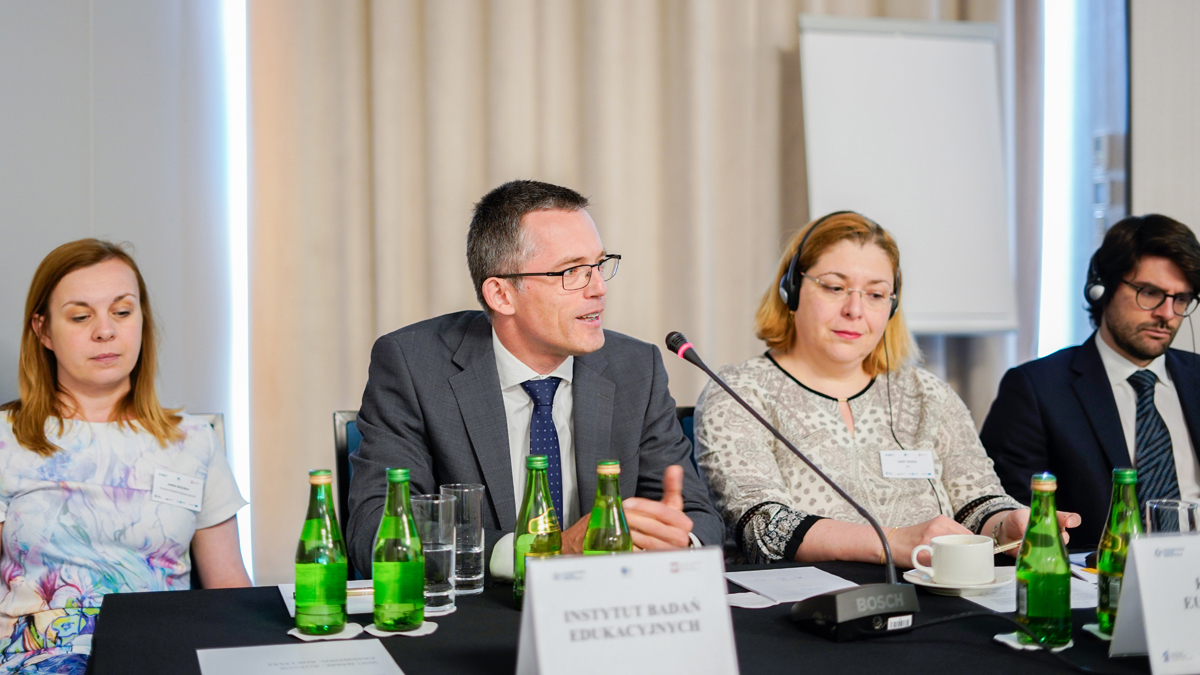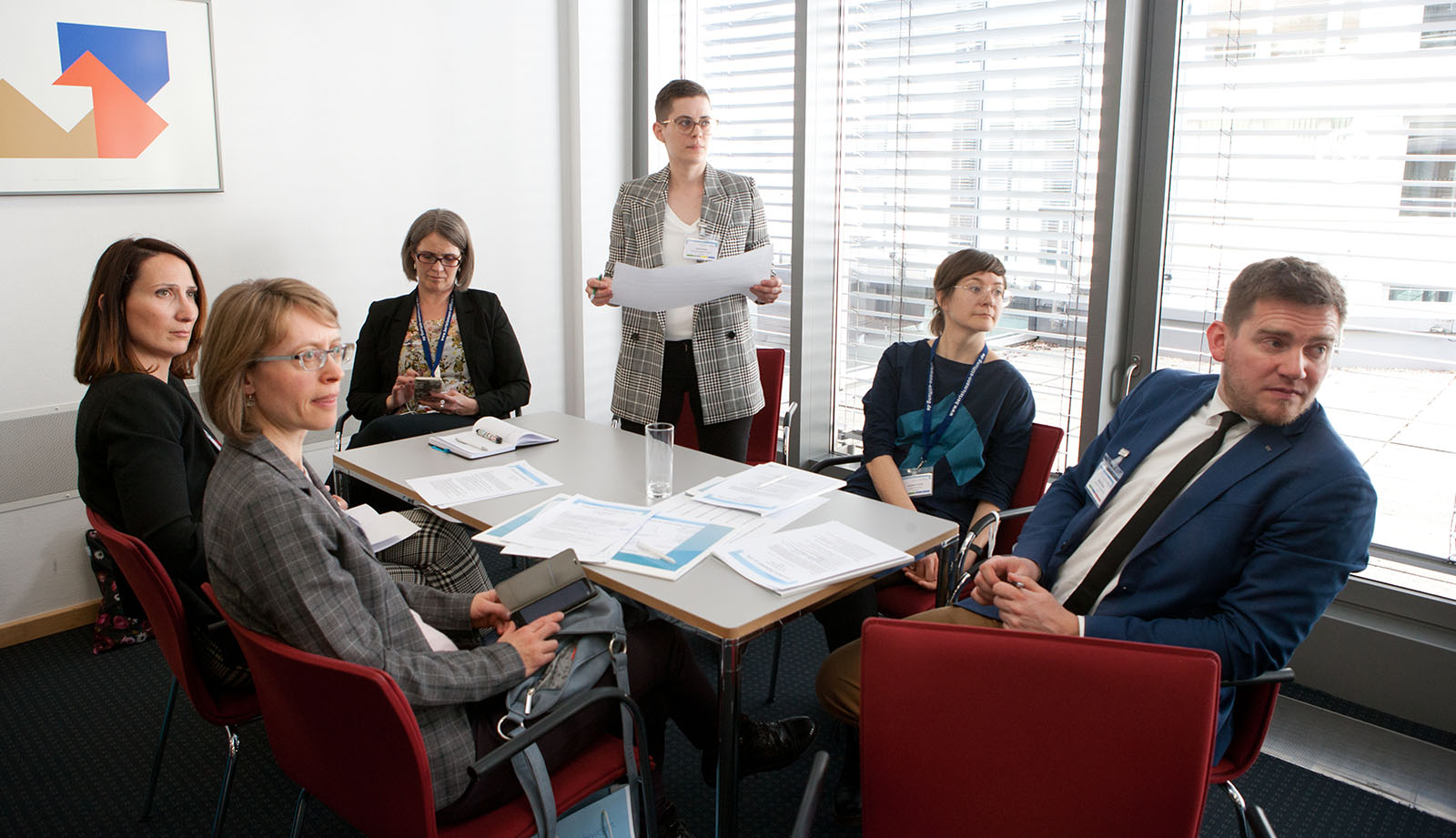Polish students are ahead of everyone but young Estonians in mathematical literacy in the European Union. In terms of reading literacy, Polish youths occupy 4th place among EU countries, and in science literacy, they are third. In all three areas included in the study, the results of Polish students are above the average for OECD countries, which places them among the world's best. The best results in the study were achieved by students from four regions of China, as well as Hong Kong, Singapore and Macao. Over 660,000 students from 79 countries and regions of the world participated in the PISA 2018 study.








